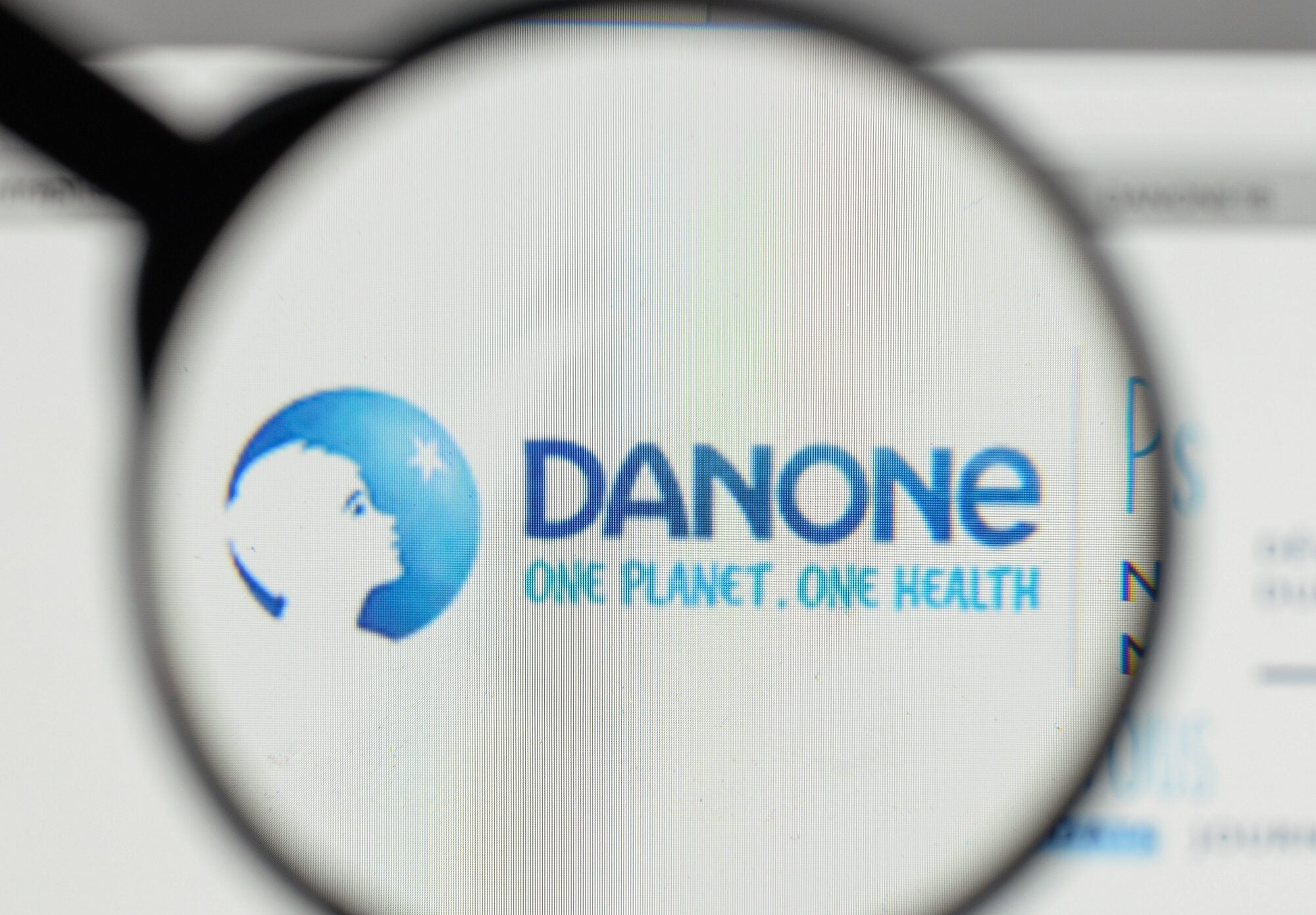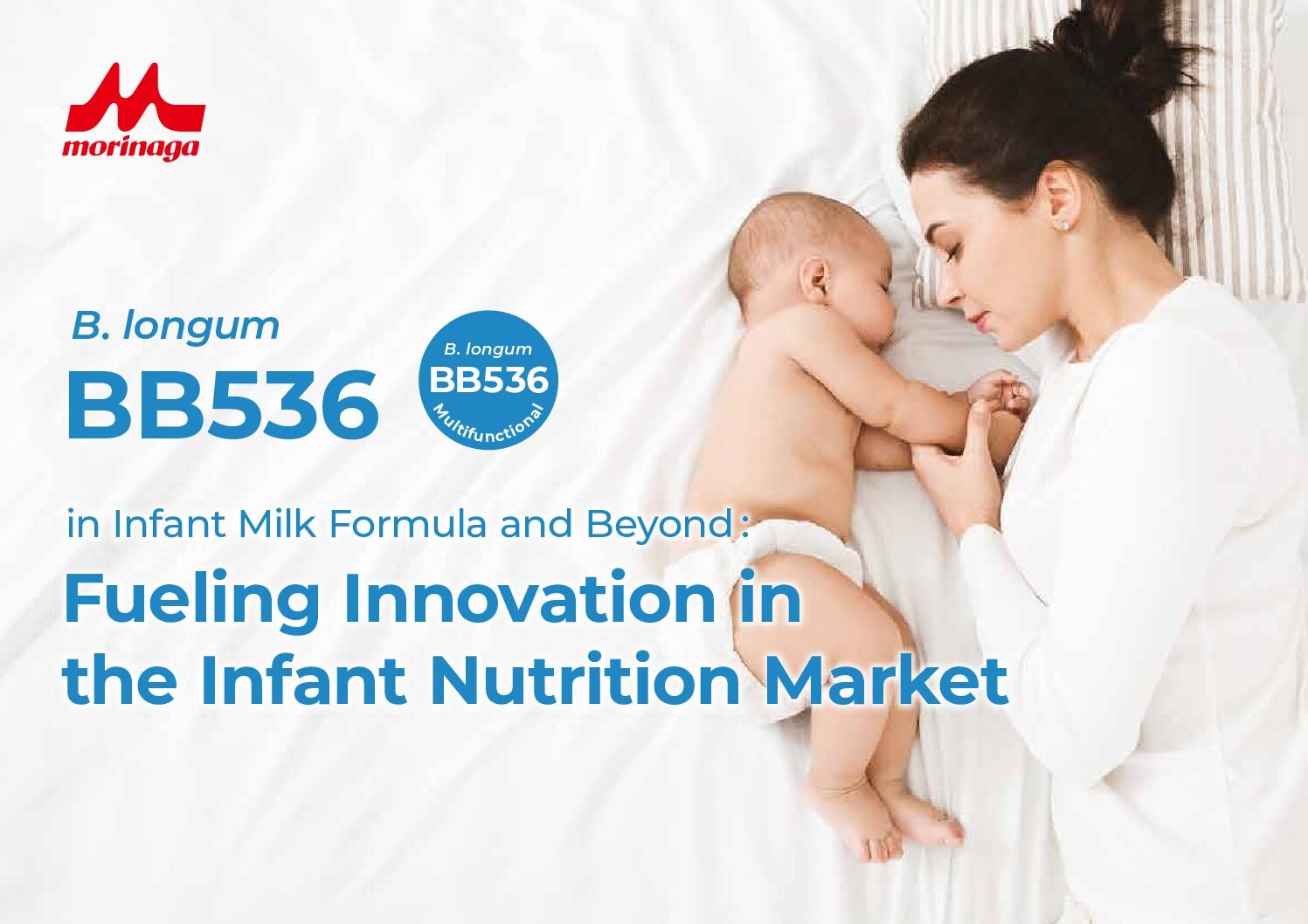
Danone has invested €15m ($15.8m) in a factory expansion in Turkey for medical nutrition products.
The France-headquartered business said the additional production line at its plant in Lüleburgaz, a city in the Marmara region of Turkey, manufactures the Fortimel and Fortini brands of specialised nutrition products.

US Tariffs are shifting - will you react or anticipate?
Don’t let policy changes catch you off guard. Stay proactive with real-time data and expert analysis.
By GlobalDataFortimel and Fortini fall under Danone’s Netherlands-headquartered Nutricia arm and produce nutrition powders and children’s nutrition drinks, respectively, for malnutrition or patients with special medical needs.
A Danone spokesperson said the two brands supply “oral nutritional supplements for patients of all ages who are malnourished or at risk of malnutrition due to conditions or diseases like frailty, cerebral palsy, cancer or stroke”.
It added: “Medical nutrition is prescribed by healthcare professionals and used under medical supervision, hence the customers we provide it to are hospitals, pharmacies and other healthcare organisations.”
Danone runs six factories in Turkey, including the Lüleburgaz facility, which became operational in 2004 and also manufactures dairy products such as yogurt, milk desserts and dairy snacks for the local market.
“The production facility is the first hybrid factory in Danone’s manufacturing network to produce both medical nutrition and fresh dairy products,” the spokesperson said.
Danone announced in September it had made a similar investment in Poland, spending €50m to add a production line at its plant in Opole in the south-west of the country.
The French giant already manufactures infant formula and baby food at the factory but the new investment will mean the plant also makes enteral nutrition products, designed for patients dependent on feeding tubes as they cannot swallow or drink normally.
Danone’s medical nutrition business is part of its wider “specialised nutrition” division, which also includes products for infants like baby food and formula. The company says medical nutrition products account for approximately 40% of the division’s sales.
Overall, the business unit accounts for 30% of Danone’s total revenues. It grew its revenues by 10% on a like-for-like basis in 2022.
In the first half of 2023, Danone’s specialised nutrition sales were €4.25bn, up 5.5% year on year, or by 8.3% on a like-for-like basis. Danone said the division’s “volume/mix” increased 1.7%.







